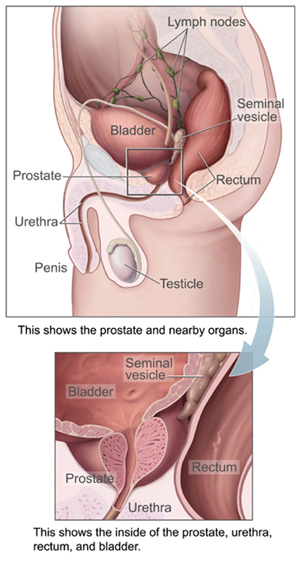
Worried that Judge Cheryl Alemán’s surprising death last month from lung cancer may be linked to mold or asbestos contamination in the aged Broward County Courthouse, three judges have moved their chambers and requested environmental testing.
Judges Susan Greenhawt, Patti Englander Henning and Mily Rodriguez Powell, Alemán’s neighbors on the ninth floor, moved Friday to temporary second-floor offices.
“There were issues with a serious illness with one or more judges in the area,” Englander Henning said in a telephone interview Monday. “Prudence suggested that we request to be moved until they can test and determine what the problem is and how it can be remedied. And obviously, it was a valid enough claim that they were good enough to move us.”
The county launched a series of environmental tests last week. This week, attorneys suing the county on behalf of courthouse employees claiming exposure to toxic mold arranged for testing at the request of several judges.
“It’s our perspective that this building should not be inhabited for work; it’s making people sick,” said Bob McKee, law partner of Walter “Skip” Campbell, a civil attorney and former state senator who has filed a series of lawsuits on behalf of court employees.
McKee said he and Campbell have hired independent experts to test chambers on the seventh, eighth and ninth floors at the requests of judges Victor Tobin, Charles Greene, John Bowman, Dale Cohen, Marc Speiser and Englander Henning.
Alemán, 52, died Dec. 2, just weeks after learning she had an aggressive form of lung cancer. She had visited the hospital with flu-like symptoms in early October and soon after was diagnosed with Stage 4 cancer.
Alemán’s husband, Omar, could not be reached for comment.
In the immediate aftermath of Alemán’s death, the judges requested mold and asbestos testing in courtroom 995 and the ninth-floor chambers of Alemán, Greenhawt, Englander Henning and Rodriguez Powell, according to a Dec. 31 report reviewed by the Sun Sentinel.
“The judge occupying room 999 had recently succumbed to an aggressive lung cancer,” according to the report by Miami-based Advanced Industrial Hygiene Services inc. “The three judges in the ‘quadrangle’ of offices [all located in the same general area on the ninth floor] were concerned that the cancer may have been related to the indoor environmental condition in the courthouse.
“They suspected that asbestos-containing materials and mold contamination was present in the building and in their individual chambers.”
Asbestos has been linked to mesothelioma lung cancer, and mold can lead to many health problems, including sinus infections and respiratory problems.
The report showed varying levels of fungal growth in the tested areas and asbestos fibers “above the regulatory limit” in Alemán’s chambers and courtroom 995.
The report concluded that Aleman’s chambers had a “very high concentration of indicator fungal spore types” that may be affecting nearby areas.
One week after that report was issued, the three judges moved to different chambers and the county launched its own round of tests, said Pete Corwin, assistant to the county administrator.
A survey about 11/2 years ago showed the existence of asbestos in the courthouse, he said.
“What we found is there is asbestos; but it is in ceiling tiles and floor tiles, but it’s not in the air. we always knew it was there; it was just a matter of mapping where it is exactly,” Corwin said. “We’re doing everything we can to assure the people that it’s safe and to do a very comprehensive test in the area.”
In the past three years, the half-century-old main section of the courthouse has been the scene of nearly half a dozen floods. County commissioners have approved a new courthouse, but construction won’t be completed until 2014, at the earliest.